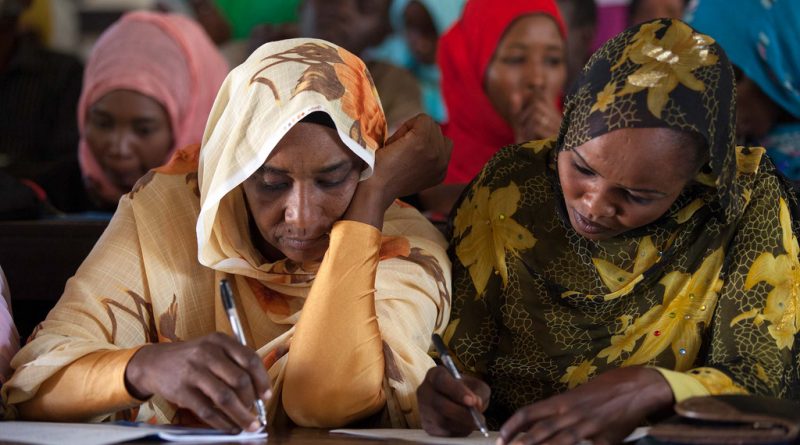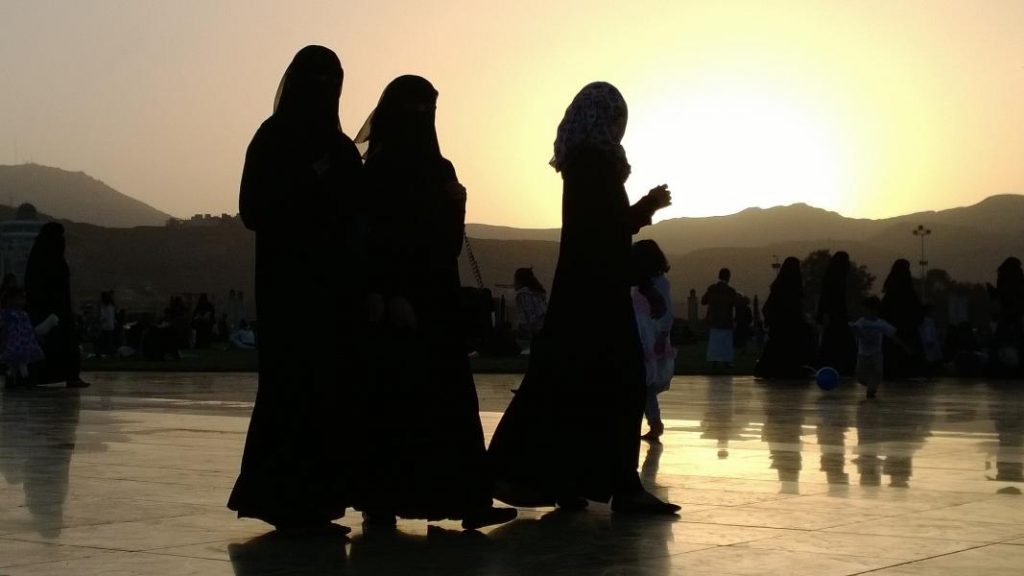In what is likely to be seen as a victory for vulnerable women married under the former Transkei regime, the Constitutional Court on Tuesday declared unconstitutional a section of the Divorce Act which prevented women married under the former Transkei Act, out of community of property, from claiming redistribution of assets upon divorce.
In a unanimous judgment written by Justice Johan Froneman, the court said that sub-section 7(3) of the Divorce Act created a “discriminatory oddity” that prevented judges from using their discretion to order the redistribution of assets for women married out of community of property in the former Transkei. Courts are granted discretion to do so where they consider it just and equitable to benefit women who married out of community of property.
But due to a “tangled web of post-apartheid legislation”, this was not the case for women married under the Transkei Marriage Act, Froneman wrote.
Divorce granted

The applicant and her ex-husband, the first respondent, were married in the former Transkei on December 16, 1995. The divorce application was heard in the regional court in Mthatha in 2014.
In the Constitutional Court, in her heads of argument, the applicant said her ex-husband, a former deputy minister, a chief and an advocate, accused her of not obeying him in “matrimonial matters”. She said he also told the court that fathering children outside of their marriage was not grounds for divorce, and “illegally” married another woman under customary rites while still married to the applicant.
When the divorce was granted, on June 25, 2014, the applicant said she was not given notice of the court date, and the matter went ahead without her. A pre-trial conference was also held in her absence, she said. The magistrate ruled that the marriage was in community of property, granted the divorce and made an order ordering a division of the joint estate.
The ex-husband appealed to the High Court, which confirmed the lower court’s decision that the marriage was in community of property, although it did so for different reasons.
Decision reversed
But the Supreme Court of Appeal reversed that decision on further appeal, meaning the woman no longer benefitted from any division of the former couple’s estate. She appealed to the Constitutional Court.
In the apex court, it was conceded that the marriage was out of community of property, but the applicant wanted the relevant section of the Divorce Act declared unconstitutional.
The court said that the Transkei Marriage Act made marriages out of community of property by default, unless there was an ante-nuptial contract in place.
“The discrimination in this case is a relic of South Africa’s apartheid history which sought to disadvantage women on the basis of a number of intersecting grounds: gender, race, ethnicity, marital status, geographic location and socio-economic status,” Froneman wrote, adding that while Parliament did not intentionally try to discriminate against women from the former Transkei when it did not “rationalise” the Transkei Marriage Act, “the discrimination continues”.
“Is there any reason why Transkei women in the position of the applicant should be deprived of the benefits of a possible just transfer of assets on divorce in terms of section 7 (3) of the Divorce Act? I can think of none. Tellingly, neither could the minister (of justice), the second respondent,” Froneman wrote.

Froneman wrote that the discrepancy between the treatment of women from the former Transkei who get divorced and the rest of South African women “fails the test of irrationality”.
“…it is, in colloquial terms, a ‘no-brainer'”, Froneman wrote.
Froneman also commented on the lengthy and complex legal process that led to the applicant only being able to argue her point about constitutionality at a late stage.
“…with no particular blame anywhere, [it] means little credit can be derived from the legal system…”
But he added that Legal Aid representatives, who had acted for the applicant, “have done her, women in her position and our justice system a great service”.
The court ruled that the order is suspended for 24 months to allow Parliament time to remedy the legislation.

